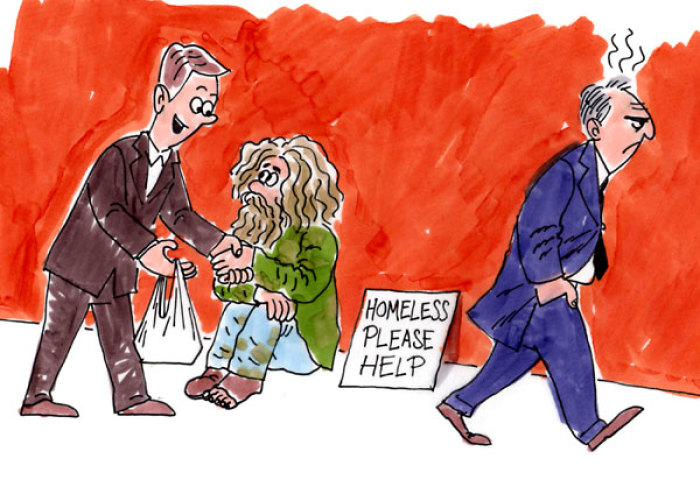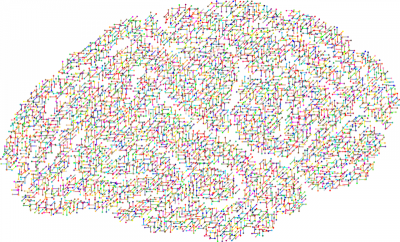Want to Lead a Happier Life? Be More Generous, Study Says

A new study out of Switzerland shows that people who are generous and focus on helping others report feelings of happiness more than those who act on their own self-interests.
Philippe Tobler and Ernst Fehr from the Department of Economics at the University of Zurich, along with a team of international researchers, conducted an experiment with 50 people in a lab who described their levels of happiness after doing acts of generosity, EurekAlert reported on Tuesday. The team sought to investigate how areas of the brain communicate to produce feelings of happiness.
The study's participants were promised 25 Swiss francs a week for four weeks. Twenty-five of them were asked to spend the money on others; the other 25 were told they could spend it on themselves.
"Doing something nice for another person gives many people a pleasant feeling that behavioral economists call a warm glow," a news release from the University of Zurich states.
The participants consistently reported that giving made them feel good. MRI scans of their brains were done simultaneously and showed that one area of the brain triggers a response in another area that is related to happiness.
"Our study provides behavioral and neural evidence that supports the link between generosity and happiness," the research team explained in the journal Nature Communications.
The researchers looked at three areas of the brain, "one linked to altruism and social behaviour, a second to happiness, and a third area involved in decision-making."
Those who said they would give the money away said they were happier than the "self-spenders" even without having moved forward on their commitments to give.

While their brains were being scanned they were asked questions which "evoked scenarios pitting the participants' own interests against those of the beneficiaries of their experimental largesse."
The degree of happiness they had was reportedly not related of the amounts they committed.
The research team also said their findings have all kinds of implications for other realms of culture like public health, education, economics, and politics.
"Generosity and happiness improve individual well-being and can facilitate societal success," they said.
"However, in everyday life, people underestimate the link between generosity and happiness and therefore overlook the benefits of ... spending" on others, they continued.
The brain science behind generosity will not surprise some.
Christian Smith, a University of Notre Dame sociologist and Hilary Davidson, note in the book, The Paradox of Generosity: Giving We Receive, Grasping We Lose, that an accumulating body of research has shown the positive effects of generosity on the brain.
Citing experts in neurobiology, Smith wrote: "Experimental studies have shown that the increasing amounts of oxytocin in people's neurological systems significantly increases their generosity, empathy, and love."
"But the relationship may work both ways: increased feelings of empathy for others and generous practices appear to be capable of increasing the oxytocin released into people's brain systems."
Furthermore, a lack of generosity can have the opposite effect, stimulating negative neurochemical processes. Smith cited a study showing that stingy people have been shown to secrete more cortisol in the brain, a stress hormone that is known for creating "wear and tear" on the body.





























